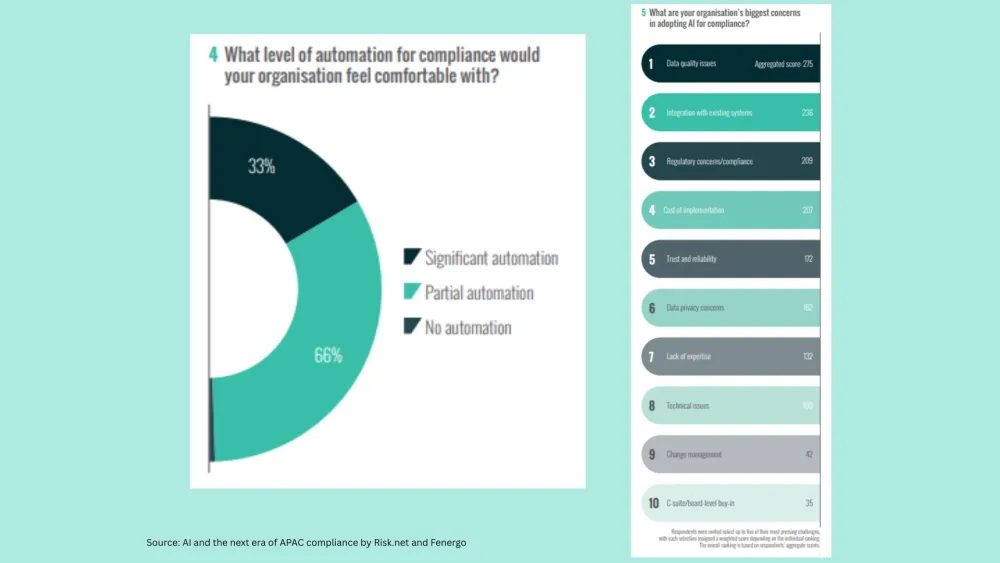How to Build for the Next Era of Financial Services
By Bijon MehtaFor years, banks treated online banking as an afterthought. A website and a mobile app were necessities, but creating a digital channel that fully serviced customers wasn’t a priority. When COVID-19 struck, customers of all demographics completely switched to online banking -- and most won’t go back. Digital banking is no longer an additional channel. From now on, digital is the default.
Looking ahead, the banking industry will undergo more change in the next few years than it has in the past few decades. With COVID-19’s rapid digital transformation breaking down barriers to innovation—such as executive buy-in, lack of engineering support and reluctance to replace legacy software—the future of finance is being defined right now. Organisations that seize this opportunity can gain tremendous competitive advantage.
Where we stand today
The good news is that SaaS-based applications, cloud technology and API development make it possible to deliver online experiences that are more feature-rich with an intuitive approach than what banks have been able to deliver in the past. Now, banks can create true omni-channel offerings that allow them to connect with customers over the channel of their choosing. Moreover, banks can now offer additional self-service capabilities that help customers access the information they are looking for on-demand and around the clock.
The Twilio State of Customer Engagement report (SOCER) revealed that 92% of APAC companies in highly regulated industries such as Finance plan to maintain or increase their current level of investment in customer engagement. 78% of these companies also expect digital communications to be critically or very important to their success going forward.
It may seem paradoxical to look to digital solutions to regain personal connections, but when used correctly, technology makes businesses feel human again. For example, a text can also allow a client to request a voice and/or video connection. Say you want to walk through account setup with your relationship banker or wealth advisor. They can text you a link that pulls up a secure video chat. From there, the bank employee can share their screen, and walk you through setup just like they would do in-person. The whole process gets recorded, transcribed, archived and securely integrated. Better yet, all of it is personal, digital and simple.
How to Face—And Embrace—Our New Reality
A fully digital banking experience is not a theoretical future vision. All of the technology exists today and is relatively easy to adopt. It's critical for businesses of all industries to adopt a new way of thinking, as over half of organisations have reported an increase of 50% or more of digital interactions with customers during the pandemic (with 67% of companies in Singapore). Twilio’s SOCER findings also reveal that 83% of companies expect digital communications to be very important, with 33% are companies in Singapore. When banks first invested in technology, they thought about back-end systems, focusing on automation and efficiency. Now, businesses must focus on the customer-facing side of the business, embracing technology as a potential profit center and a source of growth, instead of as a cost center.
As banks look to grow the top line by attracting and retaining new customers, it becomes critical to build integrated, front to back-end digital workflows. Great online experiences attract Millennials and Gen Z customers. Another opportunity involves creating new services for people who are currently unbanked and underbanked.
Upskilling for the Future
Customer service and customer engagement are inextricably linked, and developers need to understand and rethink the customer’s journey through the use of modern development tools. Developers are creative problem solvers that are key to a successful business - their input and ideas are invaluable. They need to be empowered with freedom and trust in order to implement an experience strategy that addresses the customer’s needs and wants.
There’s great potential for upskilling in Southeast Asia, with more than 70% of adults lacking access to banking services. Furthermore, Twilio’s SOCER findings show that Covid-19 has accelerated the progress in upskilling for digital needs. For example, 40% of companies in Singapore reported that the pandemic broke down the barrier of lack of skills and know-how, to digital transformation.
The Monetary Authority of Singapore (MAS) also recently awarded four digital banking licenses in December 2020, a clear indication of the country’s commitment to a digital future in banking and liberalisation of the financial industry.
The Next Era of Banking
Fintechs and challenger banks are small, nimble and tech-centric. However, incumbents have strong reputations, customer trust and loyalty built over many decades. There are advantages and disadvantages to both, but creating seamless user experiences makes for a powerful combination and creates a sustainable competitive advantage, regardless of your business size.
The bank of the future is already being built, and the key to success is rethinking the customer experience. The winners will be the banks that focus on the end-user. The opportunity is huge. The time to begin is now.




















 Advertise
Advertise













